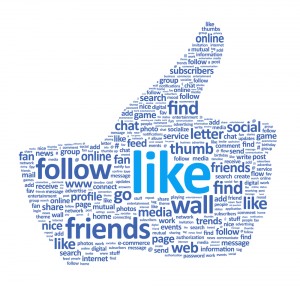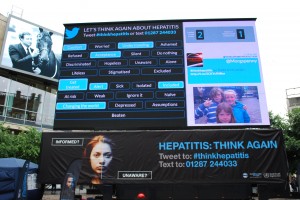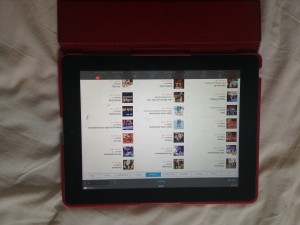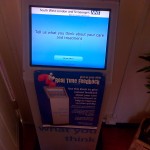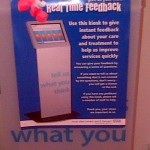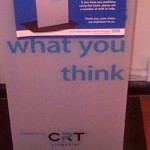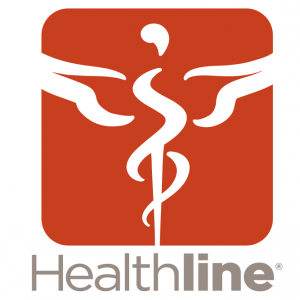
Healthline
It was March 4, 1999 and I was driving through the countryside on my way home from the University of Florida in Gainesville. I had left my infant son in my mother’s care while I’d gone there for a second opinion, referred by my neurologist. He had been treating me for what he said was “possible MS.”
I clung tightly to that word “possible,” knowing it meant there could be another explanation. Some other reason my legs had betrayed me, leaving me nearly unable to walk. “It’s got to be a pinched nerve,” I kept telling myself, even though an MRI had revealed a lesion on my cervical spine.
“If you’re here to verify what your doctor thinks,” said the head neurologist at Shands Teaching Hospital, “then I completely agree with him. I’ve looked over your records, the films, etc. and he was spot on,” he said, almost as if we were talking about a ref’s call on an NFL game and not about my life. “You’ve definitely got multiple sclerosis.”
Then he grabbed the lapels of his white lab coat and gave a little shrug as if to say, “What are ya gonna do?” I think he meant it sympathetically, but it struck me as odd. He opened the door to leave and, glancing back, he smiled. “Good luck with that,” he said.
I had come there by myself, sure the expert would think my doctor was a quack. In hindsight I wish I’d have taken a friend. As I drove home, fear and worry began poking at the numbness of my denial until they finally broke through. I could no longer hold back the flood of emotions.
I pulled over on a lonely stretch of two lane highway and shut off the engine. No other cars around, all I heard was chirping birds in the nearby woods. I got out of the car and sat on the hood. And I cried. Sobbing and full of mourning for a life that had just ceased to exist. I had never felt such loneliness and fear. Everything in my life had changed. Everything.
Was I going to die from it? Worse yet, was there going to be endless suffering? I had a baby who was never going to know a healthy mother. What was I going to do?
I didn’t have a computer and Google had only been around for six months. We didn’t have a support group in our rural community. I didn’t know anyone I could reach out to. There was nobody who said “You’ve Got This.”
Flash forward. Now it’s been almost 15 years to the day since I cried all alone in the woods. So much has changed. If I had the chance to go back and tell my newly diagnosed self what things would be like 15 years later, I’d have told myself to get on with the business of living. I’d be strong enough to deal with this disease no matter what it threw at me.
When Healthline asked me to participate in a video campaign to share my message of hope with others who are just facing their MS diagnoses, I jumped at the chance. What I wouldn’t have given for this kind of resource back in 1999.
So I made my video and tried to say all the things I wished someone would have told me. I emphasized that you need to take control of this disease. Don’t let anyone make your decisions for you, and learn everything you can.
It is now part of a collection of inspirational YouTube vignettes that Healthline is sharing in their You’ve Got This campaign. If you’ve been living with MS, you can share your message of hope, too. Just make a short video about what motivates you to stay positive with MS. Imagine you’re talking to a friend who just got diagnosed. What would you say? Then upload it to YouTube.com and submit the link to Healthline by clicking the big blue “Add Your Video” button. Your message will join a host of others in an ever growing collection of inspiration.
But it’s more than that. Healthline has partnered with the National MS Society and MSWorld to raise money and awareness. For every video that’s submitted, Healthline will donate $10 to the NMSS. So do something special, and empowering–and help raise money at the same time.
So much has happened since that dark day, 15 years ago. I found a therapy that works for me and I’m taking care of myself. My son is a sophomore in high school now, and the most compassionate person I know. I’ve been speaking as a patient advocate at events around the country and I’ve started a new career as a freelance writer, covering the MS News for Healthline. So many things I never could have imagined — all positive — that have come after my diagnosis.
So if you are one of the 200 people in the US this week who just heard the words, “You’ve got MS,” don’t let it be your darkest day. Just remember, you’ve got this!
